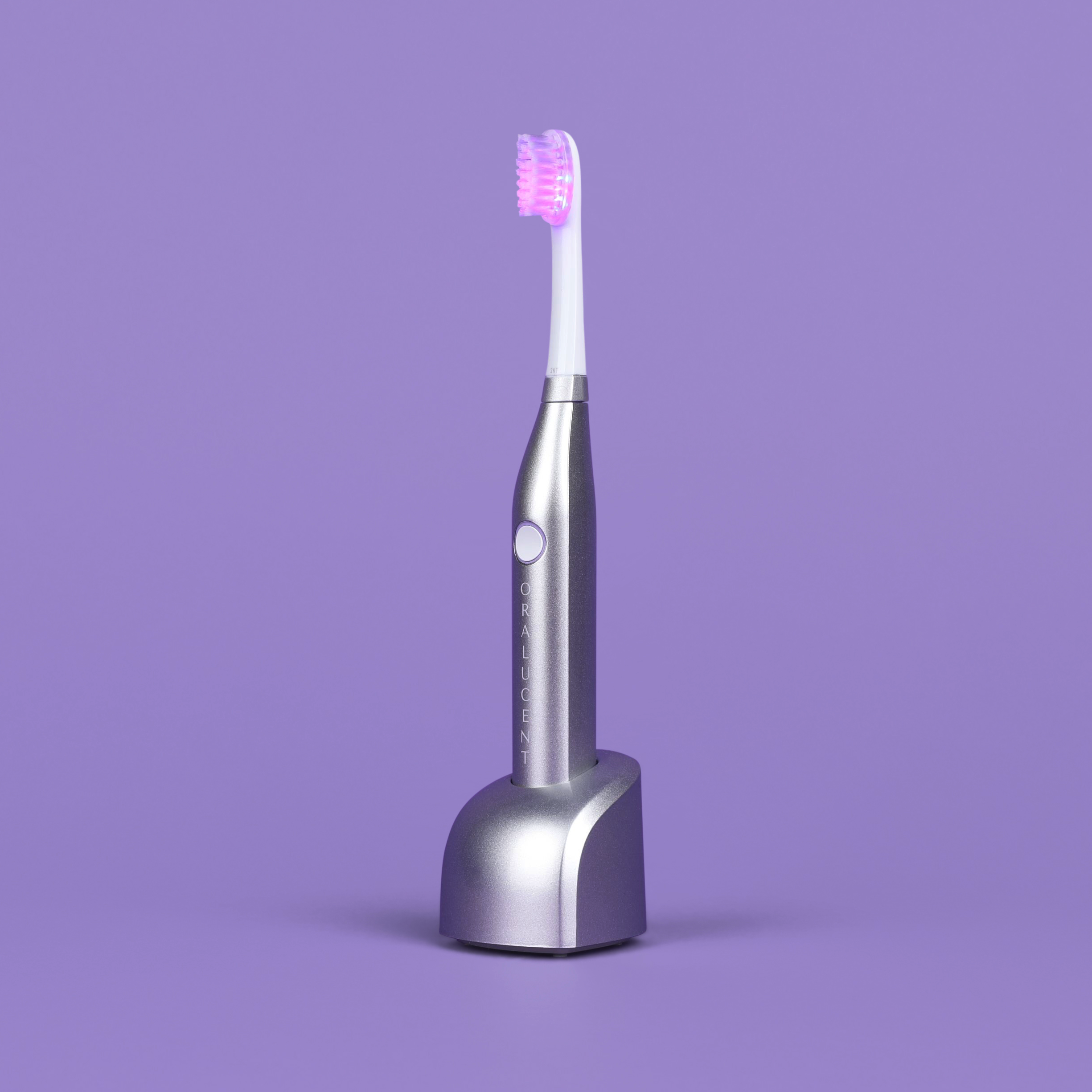Perhaps a friend or family member has just been diagnosed with Alzheimer’s and you’re devastated. How did this happen? What caused it? What could have been done to prevent it? These are common questions it’s natural to want answers to. If you’re wondering if there could be a direct link between oral health and Alzheimer’s, read on. This article could provide some answers and comfort for you.
What is Gum Disease?
To understand the possible connection between oral health and Alzheimer’s, we first have to understand gum disease. The earliest stage of gum disease, called gingivitis, occurs when bacterial plaque accumulates on the surfaces of the teeth. This accumulation causes irritation, which leads to inflamed gums. As the inflammation progresses, symptoms of gum disease often include red, tender, and swollen gums that tend to bleed easily with brushing and flossing.
The good news is that with improved oral hygiene habits that thoroughly remove the plaque and bacteria, gingivitis is reversible.
However, if you ignore gingivitis, the bacteria can spread and get below the gumline, forming “sub-gingival pockets” between teeth and gum tissue. These pockets, which attract more bacteria and plaque, indicate the gingivitis has progressed to periodontitis.
At this stage, the infection is too deep for brushing and flossing to reach. Treatment involves deep professional cleaning with scaling and root planning. Although deep cleaning cannot completely eliminate the bacteria, it does help control their growth.
Without deep cleaning, the bacteria and infection continue to spread and go deeper, causing deep pockets in the gums. Even with deep cleaning, however, if you don’t continue with proper periodontal maintenance, including frequent dental checkups and professional cleanings, the gum disease can still progress to chronic periodontitis.
What is Alzheimer’s Disease?
Alzheimer’s disease is a progressive, irreversible brain disorder caused by brain cell death. The earliest symptoms usually involve memory loss, impaired judgment, and difficulty finding the right words. The person often asks the same questions over and over, forgets conversations, and puts things in odd places or loses them.
As the disease progresses, it leads to dementia, which affects the cognitive actions of the brain. It becomes difficult to do every day, simple tasks, such as cooking a meal, driving a car, or paying bills.
Currently, Alzheimer’s is listed as the sixth leading cause of death in America. However, recent estimates place it as the third leading cause of death for older patients, with only cancer and heart disease more prevalent.
While some treatments can help manage the symptoms of Alzheimer’s, there is currently no cure.
What is the Bacteria— Brain Connection?
So, is there a link between gum disease and Alzheimer’s? The research appears to support a connection.
Porphyromonas gingivalis (P. gingivalis) is the most common bacteria present in people with gum disease. But can this gum disease bacteria get from the mouth into the brain? And if it can, does it pose a threat to brain health?
The University of Central Lancashire performed the first scientific study that proved the presence of P. gingivalis in the brain tissue of people who had Alzheimer’s disease. Their study confirmed that periodontal bacteria can access the brain. It also suggests that this bacteria can worsen Alzheimer’s symptoms.
What does the research say?
While we can’t say gum disease causes Alzheimer’s at this point, mounting evidence shows a strong link between gum infection and Alzheimer’s.
A 2019 study found P. gingivalis in the saliva, spinal cords, and brains of living and deceased Alzheimer’s patients. Even more interesting, however, was that they also found the toxic enzyme Gingipains, which P. gingivalis secrets, in 96 percent of the brain tissue samples. In addition, they found that P. gingivalis increases the production of amyloid-beta, which is a component of the amyloid plaques known to cause symptoms of Alzheimer’s.
Scientists have long understood that gum disease can cause or worsen numerous diseases, such as heart disease and diabetes. There is now evidence that the chronic inflammation caused by gum disease can exacerbate Alzheimer’s. In fact, recent information shows a relationship between chronic oral inflammation and neuroinflammation (in the brain and nerve tissues). Some suggest this shows not only a contribution to the symptoms of Alzheimer’s, but that it plays a role in the cognitive decline of Alzheimer’s patients.
An additional study goes even farther and suggests that if you have chronic gum disease for ten years or longer, your risk of Alzheimer’s almost doubles.
Yet another study indicates that commonly found bacterial infections in patients with gum disease impact the brain and contribute to a patient developing Alzheimer’s. The bacteria produce toxins that can lead to inflammation throughout the body, which can increase and worsen brain cell death.
Finally, a study at the University of Florida College of Dentistry showed a clear link between gum disease and Alzheimer’s. They propose that oral bacteria enter the bloodstream during dental procedures, flossing, brushing, and chewing. These harmful bacteria can then make their way to the brain through the bloodstream, destroying brain tissue.
Should I be worried about Alzheimer’s if I already have Gum Disease?
If you already have gum disease, it’s best not to panic. Not all patients with gum disease end up with Alzheimer’s. Additional research is still needed to better understand the relationship, risk, and progression.
It is estimated that half of American adults have or have had gingivitis. However, it’s encouraging to know that increased oral hygiene efforts and regular dental checkups and cleanings can reverse gingivitis.
The important thing is to strive to maintain the best oral health you can while staying informed.
If you already have periodontitis, stay on top of dental visits for exams and deep cleanings. After that, you will most likely need to visit your dentist more frequently until the gum disease is well-controlled.
As an added measure, it’s a good idea to step-up your home oral care routine. Floss at least once daily and brush twice a day or after eating. You may also want to consider using a blue light toothbrush. The Oralucent toothbrush incorporates the same type of blue light shown to kill P. gingivalis while you brush.
Six things to do right now to improve your oral care and help prevent Alzheimer’s
There are ways to manage and mitigate the onset of Alzheimer’s. Here are several things you can begin doing today to reduce your risk of Alzheimer’s:
- Visit your hygienist and dentist regularly
- Brush for two minutes, at least twice daily
- Floss daily to reduce the plaque on and between your teeth
- Use a blue light toothbrush, which selectively kills P. gingivalis
- Stop or reduce tobacco use
- Adopt any necessary healthy lifestyle changes, including exercise and a nutritious diet.



